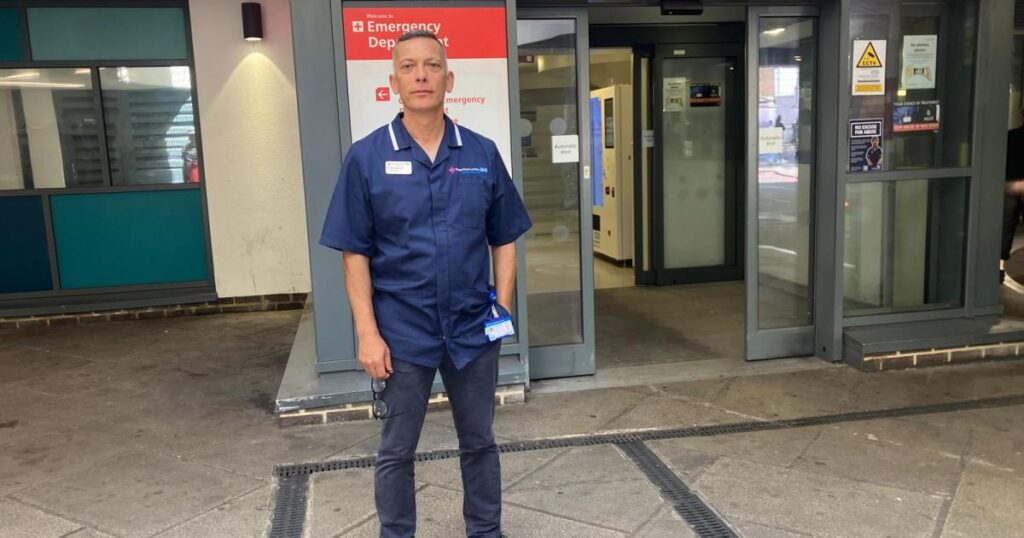His shift in the emergency department at the Royal Free Hospital that morning in 2005 had been uneventful, until a warning of a major incident came through from London Ambulance Service.
Within half an hour, the department was cleared and at 10.30am, around ninety minutes after the first bomb had exploded, patients started to arrive at the Hampstead hospital.
“These patients had to witness what can only be described as the closest place to hell on earth,” he said.
“A lot of them had really, really horrific injuries and shrapnel wounds – people had lost upper limbs.
“Those who could still walk were stepping over dead bodies and amputated limbs.
“Although some only had minor injuries, they had major psychological trauma as a result of what they saw and what they had been through.”
Four bombs had been detonated in total – three on Tube trains near King’s Cross, Liverpool Street and Paddington, and one on a bus in Tavistock Square.
The word Mr Baruah uses to describe the situation in the emergency department that day is “relentless”.
“It was chaotic because every time a patient left, we got a new patient in.
“There wasn’t really much time in the first two or three hours to psychologically prepare yourself for the next nightmare situation that came in.”
In total, 62 bombing victims passed through the hospital’s emergency department that day.
Mr Baruah recalls that the only breaks he took were in between new patients, as he desperately tried to contact his wife, who worked in central London.
“I knew that she used the Piccadilly line and went through King’s Cross at exactly the same time and on exactly the same line,” he said.
“It was a really stressful situation for me – I couldn’t get in contact with my wife to see if she was alright because the mobile network in London went down that day.
“It wasn’t until about 4 or 5 o’clock that I managed to get in touch with her.”
His wife told him that she was unharmed but had been on the train before the bomb, and had felt a blast wave coming up the tunnel.
After leaving the train, she walked through central London to try to get to work, and heard a massive explosion from the bombing in Tavistock Square.
“She probably had just about as hard a time as I did but for different reasons,” Mr Baruah said.
“It was great to get home after our respective horrendous days.”
Today (July 7), London marks 20 years since the bombings took place.
Mr Baruah said that he was full of admiration for how his colleagues had handled that day in 2005, allowing them to save many lives.
“Despite the exceptional circumstances, the major incident plan that we had worked really, really well,” he added. “Everybody just cracked on with it.”




